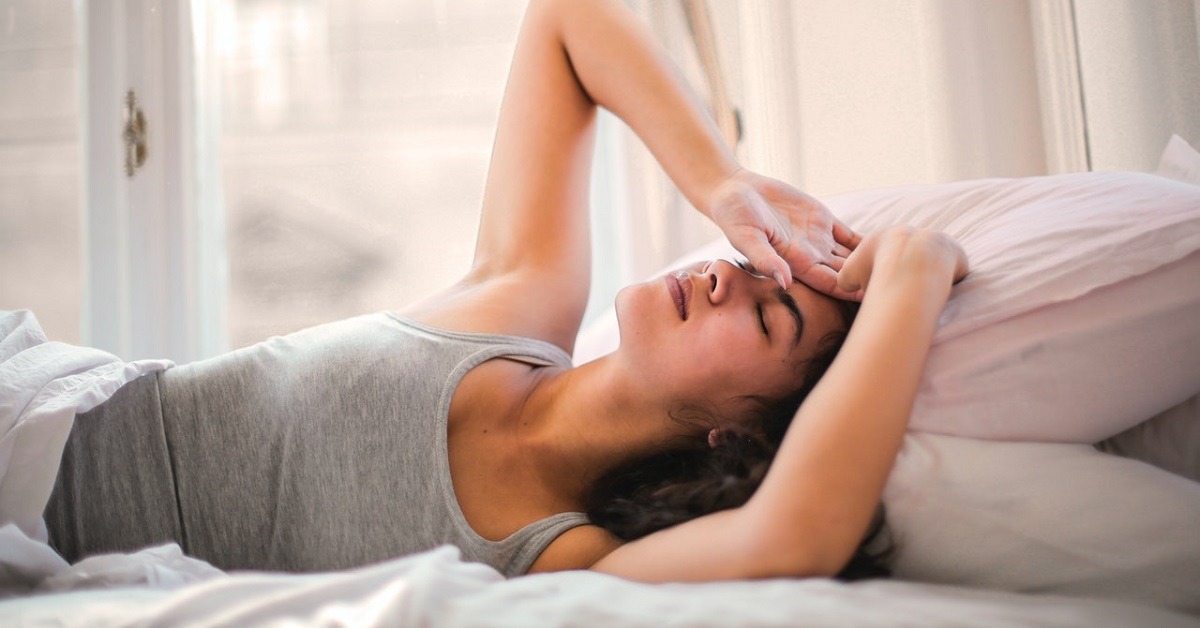SERVICE CURRENTLY UNAVAILABLE
We do not currently offer Hayfever injection but if you'd like to consider some over-the-counter options, please feel free to go through our shop.

Hay fever, also known as allergic rhinitis, is a disorder that causes cold-like symptoms such as a runny nose, sneezing, itchy eyes, congestion, and sinus pressure. The cause of hay fever, however, is not a virus. Pollen, dust mites, or microscopic hairs and saliva shed by cats, dogs, and other pets with fur or feathers (pet dander) are the triggers of the condition. Continue reading to learn more on hay fever treatment in Manchester.
Aside from making you unhappy, hay fever can impair your effectiveness at work or school, as well as disrupt your life in general. However, you do not have to put up with troublesome symptoms. You can learn to avoid triggers and choose the best remedy for yourself.
Symptoms and signs of hay fever
Hay fever symptoms and indicators may include:
- Congestion in the nose and a runny nose
- Eyes that are watery, irritated, and red (allergic conjunctivitis)
- Sneezing
- Cough
- Itching in the nose, mouth, or throat
- Swollen, blue-coloured skin under the eyes (allergic shiners)
- Postnasal drip
- Fatigue
Hay fever lasts as long as you are exposed to allergens, which is usually many weeks.

What is the source of your hay fever allergies? (Finding the right hay fever treatment in Manchester)
Hay fever symptoms usually appear shortly after being exposed to the allergen. Allergens can be found indoors or outside on a seasonal or year-round basis.
Some common allergies are:
- Pollen
- Pet dander or fur
- House dust mites
- Cigarette smoking
- Perfume
- Moulds and fungi
These allergies will activate your immune system, which will incorrectly identify the chemical as hazardous. As a result, your immune system manufactures antibodies to protect your body. Antibodies then cause your blood vessels to dilate and your body to create inflammatory substances such as histamine. This reaction is what produces hay fever symptoms.

The most effective hay fever treatment in Manchester
There are home treatments and methods available to help you lessen your symptoms. Cleaning and airing out your rooms on a regular basis will help reduce your chances of coming into contact with dust and mould. If you suffer from outdoor allergies, you can download a weather app that informs you of the pollen count as well as the speed of the wind.
Other lifestyle modifications include:
- Keeping windows closed to keep pollen out.
- When you're outside, wear wraparound sunglasses to protect your eyes.
- Using a dehumidifier to prevent mould growth.
- Washing hands after petting or interacting with animals in a public place.
- Use a saline spray or rinse to ease congestion. These solutions can also help to minimise postnasal drip, which can cause sore throats.
Children's treatment options include:
- Drops for the eyes
- Saline nasal rinses
- Non-drowsy antihistamines
- Allergy injections, which are typically given to children aged 5 and up
Cooking or flavouring foods or drinks with turmeric may be beneficial as well. Turmeric has anti-allergic and decongestant effects.
Honey is also known to aid in the reduction of seasonal allergies. Those who are allergic to bees should avoid eating unprocessed honey. If nothing else, honey can help ease a sore or scratchy throat.
Medications for hay fever treatment in Manchester
You don't need a prescription for many non-drowsy antihistamines. If you take them before the pollen is in the air, you may be able to avoid symptoms. However, you should consult your pharmacist to determine what is best for you. If your symptoms are severe, you may require prescription medicine. Immunotherapy or allergy injections are examples of such treatments.
SERVICE CURRENTLY UNAVAILABLE
We do not currently offer Hayfever injection but if you'd like to consider some over-the-counter options, please feel free to go through our shop.
This blog post was written on behalf of Heald Green Pharmacy by Pharmacy Mentor.



